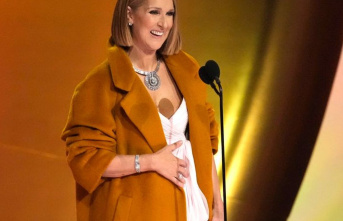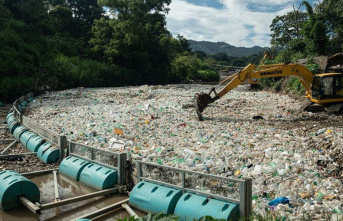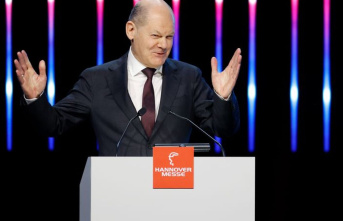"When I was young, everything was better. The colors were richer, the food tasted of more, everything was cheaper, and, not least, so there was a richer nature. There were more animals."
The slogan you've probably heard before?
But perhaps there is some truth, at least with regard to wildlife. It writes New Scientist according to the Science.dk. For ph.d. and researcher in bevaringsøkologi Lizzie Jones from Royal Holloway, University of London, has recently examined more than 900 people's perceptions of 'old-day' nature compared with today's, and the result is worrying.
Lizzie Jones compared in the study the real number of ten british bird species from 1966 to today, with the public perception of how many there are back of these birds. The participants should in other words describe how many birds, they thought, there is today, compared with when they were 18 years of age.
the Study showed that even though the younger participants, of course, had their 18. years more fresh in the mind, they were generally worse to describe how many birds there were when they were 18 years of age.
"One would expect that younger people would be better to remember," says Lizzie Jones, who this week presents her work at the conference of the British Ecological Society in Belfast, northern Ireland.
the Problem with forgetting the past, wildlife, or not know it, is known as the ’shifting baseline syndrome’. Changing the baseline-syndom is, if the younger generations take nature's current condition as normal. For example, by considering that the bleached corals is normal.
the Media New Scientist describes the syndrome through the photos of the fishermen in Florida, through the generations, posing just as proud of their catches, although catches are becoming less with the passage of time. For Lizzie Jones is the way to tackle the syndrome of simple.
"Everything, what we need to do, is to get older generations to talk with their children and grandchildren about the environment and how it once was," says to New Scientist according to the Science.dk.
According to her is the alternative, that we humans are losing their connection with nature, and a willingness to halt the loss of wildlife.
"If we don't learn about nature from an early age and not going out and experiencing and recognize the species, so can our [collective amnesia] become worse and worse," she says, according to the New Scientist.
Tolerates animals and plants more radioactive contamination than the rest of us?See it before you believe it: the Fish eats bird in the luftenJordens downfall: Here are the three biggest threats Date Of Update: 18 December 2019, 02:00











